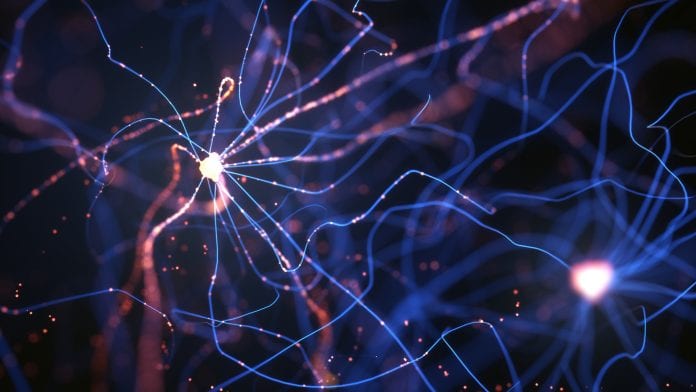
Researchers have used epigenetic modulators in an attempt at ‘erasing’ damage to neuroplasticity caused by stress, showing that acute intervention in epigenetic mechanisms produces antidepressant-like effects more rapidly than conventional drugs.
Many people living with depression have a form that is resistant to medication, and for those who do respond, sometimes the effects of the medication is not fast enough. To try and overcome these challenges, a group of researchers affiliated with the University of São Paulo (USP) in Brazil tried using epigenetic modulators to “erase” the impact of stress.
Exposure to stress, a key trigger of depression, alters certain epigenetic markers in the brain and many of these alterations occur in genes associated with neuroplasticity, which is the brain’s ability to change in response to experience.
The study has been published in the journal Molecular Neurobiology.
Brain-derived neurotrophic factor
DNA methylation is increased in genes associated with neuroplasticity when stress is introduced. It is a chromatin remodelling process that regulates gene expression by recruiting proteins involved in gene repression or by inhibiting the binding of transcription factors to DNA. Most existing antidepressants are designed to reduce this process.
The team decided to conduct an in-depth investigation into the action of brain-derived neurotrophic factor (BDNF), a nervous system protein with well-documented effects on the regulation of neuronal plasticity. They tested the hypothesis that stress increases methylation of the gene for BDNF, reducing its expression, which is linked to depressive behaviour.
“Stress reduces expression of BDNF and, as shown in the literature, antidepressants have no effect if BDNF signalling is blocked. That’s why we focused on BDNF,” said Sâmia Joca, a professor at USP and the University of Aarhus in Denmark, who is affiliated with the Biomolecular Science Department at USP’s Ribeirão Preto School of Pharmaceutical Sciences (FCFRP).
“Our starting point was this: if we administered a genetic modulator that inhibited DNA methylation, the process wouldn’t happen, BDNF levels would be normal, and there would be an antidepressant effect. If the antidepressant effect is indeed linked to normalisation of the methylation profile, so that conventional drugs take time to work because it takes time to eliminate stress-induced alterations, we imagined that direct modulation of these epigenetic mechanisms would produce the effect rapidly. We found this was indeed the case.
“We tested two drugs, one of which is used to treat cancer (gliomas). The other is completely experimental. It’s important to note that these drugs can’t be used to treat depression because if they reduce DNA methylation unrestrictedly, they’ll increase the expression of several genes rather than just the gene that interests us. So, there will be adverse effects. The findings point not to prospects for novel antidepressants but to an interesting angle from which to develop novel treatments.”
The study was a continuation of the work Joca and her team have been doing for several years.









